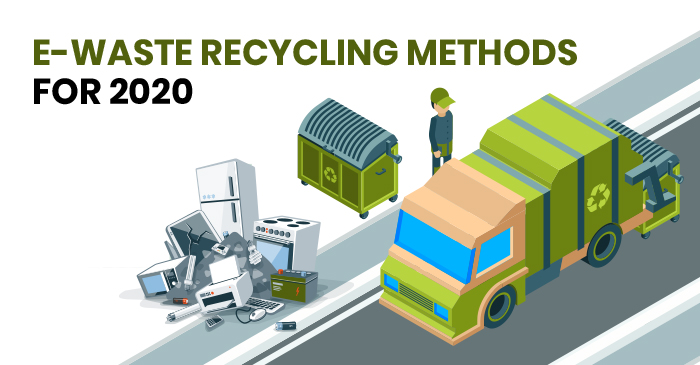The Advancement Of Dumpster Rental: Past, Present, And Future Trends
The Advancement Of Dumpster Rental: Past, Present, And Future Trends
Blog Article
Post Created By-Whitaker Bille
As you consider the advancement of dumpster rental, consider how each age has contributed to shaping the waste administration landscape we browse today. From please click the following page in the 1930s to the cutting-edge modern technologies of the present, the trip of dumpster service has been marked by development and adaptation. But what rests on the perspective for this important service? The future patterns in lasting methods hold the key to unlocking a more efficient and eco-conscious method to throw away monitoring. Keep tuned to find how visit my website is positioned to embrace a greener tomorrow.
Historic Roots of Dumpster Rental
Explore the beginnings of dumpster rental and just how it has formed waste administration practices in time.
Dumpster rental traces back to the 1930s when George Roby Dempster, a Tennessee business owner, invented the Dempster-Dumpster. This crucial production changed waste disposal by offering a designated container for collecting and delivering garbage efficiently. Originally used for building and construction sites, the principle promptly expanded to domestic and commercial setups, bring about the establishment of the very first dumpster rental services in the 1960s.
Throughout the years, dumpster rental has dramatically influenced waste management methods by advertising benefit, sustainability, and company. The ability to centralize waste in devoted containers simplifies collection procedures, lowers littering, and improves recycling initiatives. In addition, dumpster rental encourages individuals and businesses to adopt responsible garbage disposal practices, adding to cleaner environments and reduced environmental impact.
Modern Innovations in Waste Management
Integrating sophisticated innovations and lasting methods has reinvented waste monitoring in recent times, enhancing performance and environmental impact. One substantial development is the use of smart waste management systems that utilize sensors to monitor waste degrees in real-time, optimizing collection courses and routines. These systems help in reducing unnecessary pickups, decreasing gas consumption and discharges.
https://commercial-floor-cleaners45544.blogpayz.com/29424658/leading-the-path-find-out-about-the-advantages-of-using-specialist-scrap-removal-solutions -day development is the execution of waste-to-energy facilities, where non-recyclable waste is converted into power through procedures like incineration or anaerobic food digestion. This not just lowers the quantity of waste predestined for garbage dumps but additionally produces renewable resource.
Moreover, the introduction of single-stream recycling has actually simplified the recycling process for consumers, causing higher engagement rates and improved diversion from land fills. Furthermore, improvements in composting technologies have actually made organic waste management extra reliable, transforming food scraps and yard waste into useful garden compost for agricultural use.
Anticipated Trends in Lasting Practices
Sustainable waste administration practices are developing rapidly to fulfill the increasing demands for ecological obligation and resource efficiency. As you want to the future, numerous crucial trends are anticipated to form the market. One major emphasis will be on decreasing waste generation with better item design and packaging. Business will significantly adopt circular economic situation principles, intending to reduce waste and make best use of the life expectancy of items.
One more trend to look for is the increase of innovative reusing innovations. Advancements in chemical recycling and pyrolysis are anticipated to offer brand-new remedies for handling complicated or infected waste streams that traditional recycling techniques have a hard time to process efficiently. These innovations have the possible to revolutionize just how we manage waste, transforming difficult-to-recycle products into beneficial resources.
Additionally, anticipate to see a greater emphasis on natural waste diversion. Composting programs and anaerobic food digestion facilities will come to be much more widespread as neighborhoods aim to minimize the amount of organic matter sent to landfills. By investing in these sustainable techniques, we can relocate towards a more round and resource-efficient waste monitoring system.
Final thought
Finally, dumpster service has come a long way because its inception in the 1930s. From its simple beginnings on building sites to its prevalent use in property and business setups, the industry has continuously advanced to satisfy the transforming demands of waste monitoring.
With the introduction of contemporary technologies and a focus on sustainable practices, the future of dumpster leasing looks promising, with a strong emphasis on performance, ecological obligation, and advancement.
